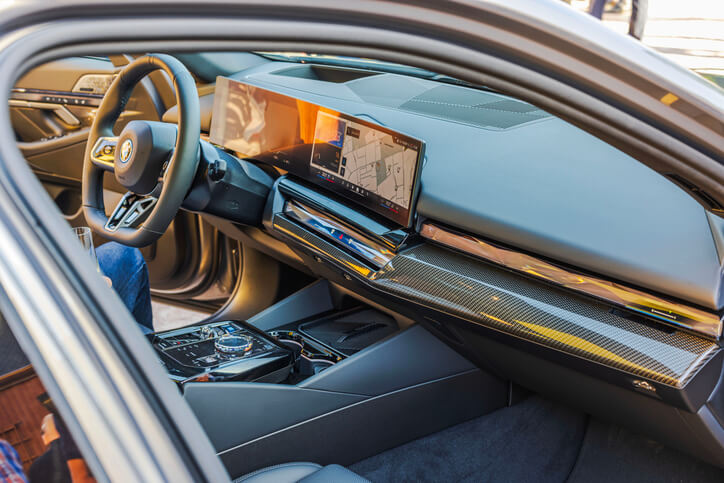Considering Auto Parts Training? Discover the Role of Composite Materials
Did you know composite materials can cut vehicle weight by up to 50%? Composite materials are important subjects in most auto parts training programs, due to the revolutionary benefits they bring to the automotive industry. Made by combining two or more distinct materials, composites like carbon fibre, fibreglass, and reinforced plastics create lightweight, durable, and versatile components that outperform traditional materials like steel and aluminum.
In the automotive world, these materials are game changers. Their ability to reduce vehicle weight significantly improves fuel efficiency and lowers emissions, while their strength and durability enhance safety and performance. As automakers push for more sustainable, high-performing designs, composite materials are pivotal in shaping the industry’s future.
What Makes Composite Materials a Game Changer?
Composite materials combine two or more distinct materials to create a new one with superior properties. In the automotive world, common composites include carbon fibre, fibreglass, and reinforced plastics.
These materials are valued for their:
- Lightweight Structure: Composites weigh significantly less than traditional steel or aluminum, improving vehicle fuel efficiency.
- Strength and Durability: Despite being lightweight, composites offer exceptional strength, making them ideal for structural components.
- Sustainability: Many composites can be manufactured using recycled materials, reducing the environmental impact of production.
As automakers strive to meet stricter emissions regulations and consumer demand for eco-friendly cars, the adoption of composite materials is accelerating.

Innovative Uses of Composite Materials in Auto Design
Composite materials are used in various automotive applications, from reducing weight to enhancing safety and aesthetics. Here’s how they’re shaping the future of car design:
- Lightweight Body Panels: Carbon fibre and fibreglass are commonly used to produce lightweight doors, hoods, and roofs. These materials improve fuel efficiency and reduce the vehicle’s carbon footprint.
- Interior Components: Composites are used in dashboards, seat frames, and trim to create sleek designs without compromising durability.
- Crash Safety: Reinforced composites are used in structural parts like bumper beams and side-impact bars to improve crash resistance while keeping the vehicle lightweight.
- Electric Vehicle Batteries: As the EV market grows, composites create lightweight and heat-resistant battery enclosures, improving vehicle performance and safety.
For students enrolled in our auto parts courses, gaining knowledge about these applications can set you apart in a competitive industry.
The Importance of Composite Materials in Auto Parts Work
Understanding composite materials is critical for auto parts industry professionals. Shifting from traditional materials like steel and aluminum to advanced composites requires new knowledge and skills.
Auto parts professionals are encouraged to master:
- Identifying Composite Parts: Understanding which materials are best suited for specific applications.
- Repair Techniques: Composites require specialized tools and methods for maintenance and repair, which differ from those used for traditional materials.
- Sourcing and Sustainability: As demand for eco-friendly materials grows, knowing how to source and work with sustainable composites will be valuable.
By mastering these skills, you’ll be well-prepared to work in the fast-evolving automotive industry.

Preparing for a Career in the Automotive Industry With Auto Parts Training
At ATC Surrey, our auto parts training is designed to prepare you for the future of the automotive industry. From understanding cutting-edge materials like composites to learning practical skills for sourcing and maintaining vehicle components, our programs equip you with the knowledge you need to succeed.
Our hands-on approach ensures you’re ready to meet the challenges of a career in auto parts and repair, whether working on the latest EV models or supporting sustainable manufacturing practices.
Do you want to explore programs at our automotive school?
Contact ATC Surrey for more information.


